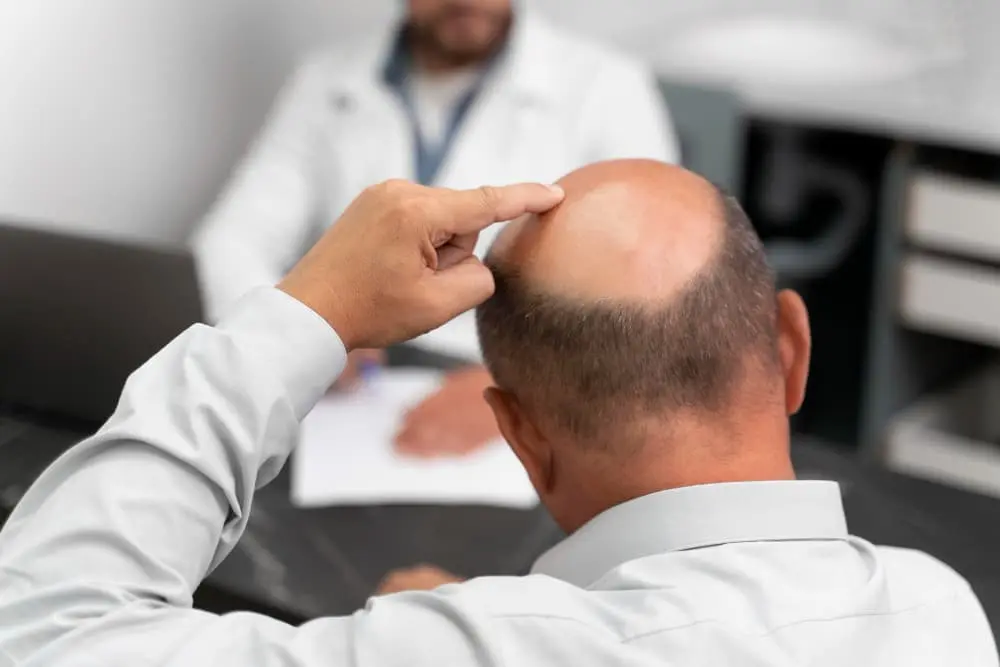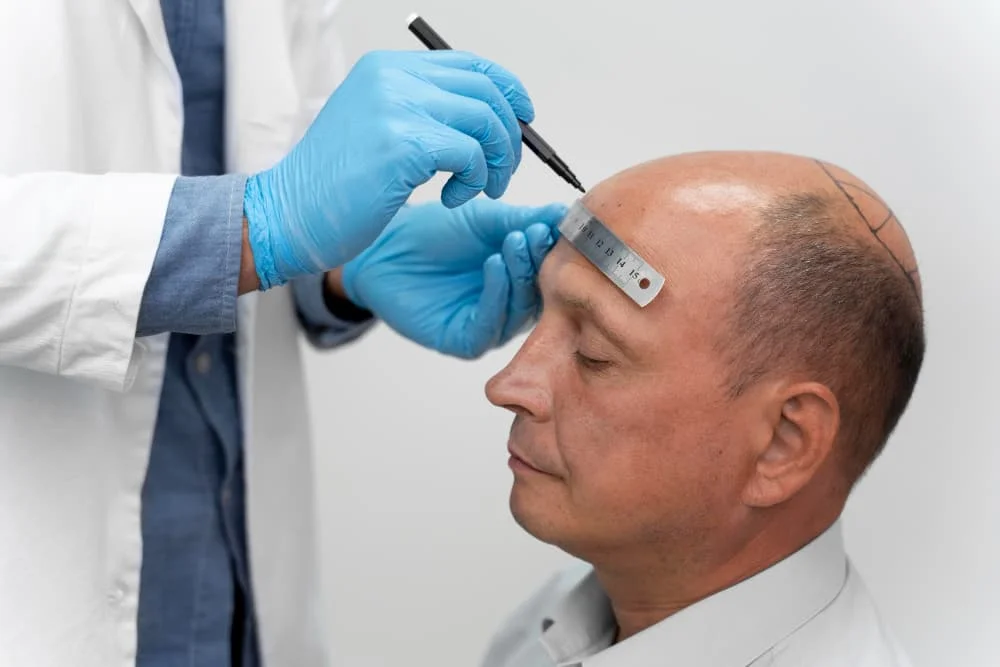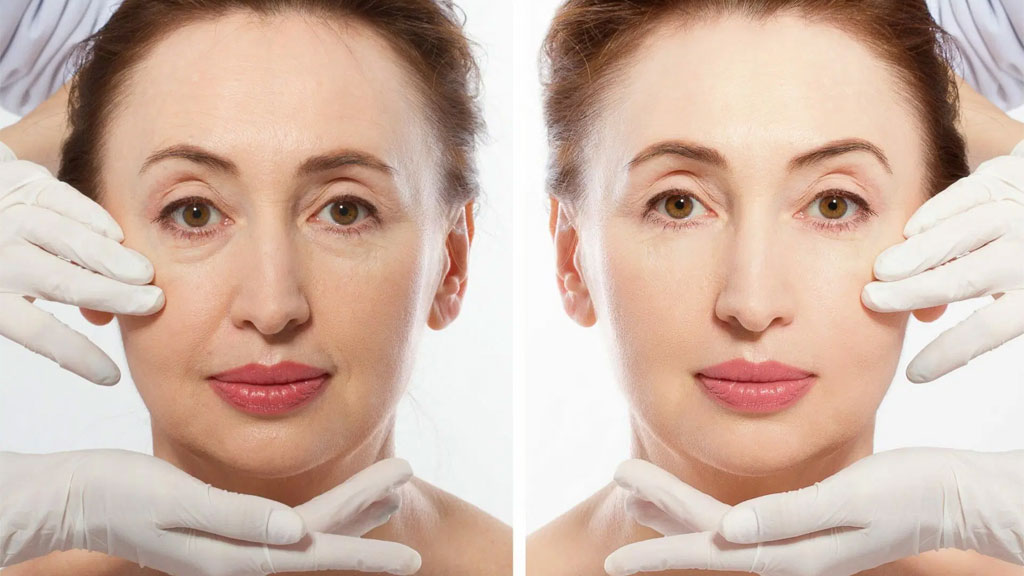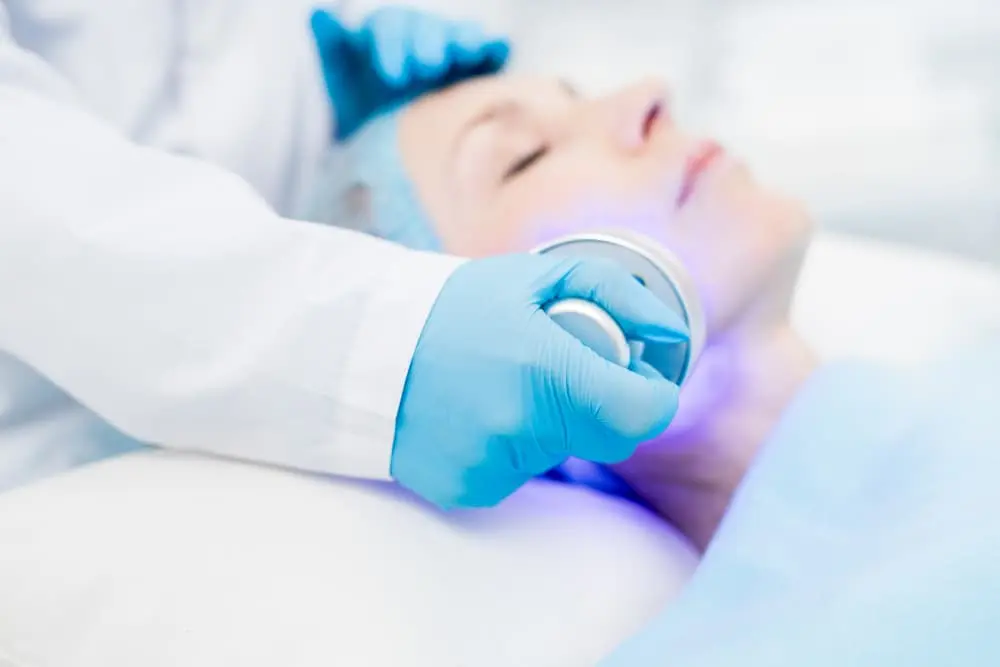
Stress is an inevitable part of life, whether it stems from demanding jobs, personal challenges, or unexpected events. While most people associate stress with common issues like fatigue or sleeplessness, it can also have a profound effect on hair health, leading to increased shedding or noticeable thinning. Recognizing the link between stress and hair loss is essential to taking control of the situation and preserving hair health.
How Stress Influences Hair Loss
Stress doesn’t just affect your mind; it can also take a toll on your hair by disrupting its natural growth cycle. The interplay between stress hormones, the immune system, and hair follicles highlights how closely our physical and mental health are linked.
Hormones and Hair Loss
When you’re stressed, the body releases cortisol, a hormone that plays a central role in the stress response. Elevated cortisol levels can interfere with the anagen phase, the active growth stage of the hair cycle. This disruption often causes hair follicles to prematurely transition into the telogen phase, leading to increased hair shedding. Over time, this can result in visibly thinner hair.
Immune System Impact
Chronic stress weakens the immune system, making the body more vulnerable to health issues. In some cases, this can lead to autoimmune conditions like alopecia areata, where the immune system attacks healthy hair follicles. The result is patchy or sudden hair loss, typically on the scalp.
Disruption of the Hair Growth Cycle
The hair growth cycle consists of three main phases: anagen (growth), catagen (transition), and telogen (resting). Stress can disrupt this cycle by pushing a larger proportion of hair follicles into the telogen phase prematurely. Known as telogen effluvium, this condition is characterized by noticeable hair shedding, often observed when brushing or washing your hair.
By recognizing the effects of stress on hair health, you can take steps to minimize its impact through stress management and proactive care.
Types of Hair Loss Related to Stress

Stress can affect hair health in various ways, leading to distinct types of hair loss. Below are three common forms linked to stress:
1. Telogen Effluvium
Telogen effluvium is a temporary form of hair loss triggered by intense or sudden stress. In this condition, a significant number of hair follicles prematurely enter the telogen (resting) phase of the hair growth cycle. This shift causes noticeable shedding, often a few months after the stressful event.
- Causes: Major illnesses, surgeries, childbirth, or emotional trauma can act as triggers.
- Symptoms: Diffuse hair thinning across the scalp.
- Prognosis: Hair typically regrows as the underlying stressor resolves and the hair growth cycle normalizes.
2. Alopecia Areata
Alopecia areata is an autoimmune disorder where the immune system mistakenly targets hair follicles, leading to hair loss. Stress is thought to be a significant factor in triggering this condition.
- Causes: While the exact mechanism is unknown, stress can initiate or exacerbate autoimmune responses.
- Symptoms: Patchy, circular areas of hair loss on the scalp or other parts of the body.
- Prognosis: Hair may regrow spontaneously, though some individuals experience recurrent or more extensive hair loss.
3. Trichotillomania
Trichotillomania, also known as hair-pulling disorder, is a psychological condition driven by the urge to pull out one’s hair. Stress and anxiety often intensify this behavior.
- Causes: Emotional distress or anxiety can trigger compulsive hair-pulling.
- Symptoms: Noticeable thinning or bald spots in areas such as the scalp, eyebrows, or eyelashes.
- Prognosis: Treatment often involves therapy, stress management, and behavioral techniques to address the underlying emotional triggers.
Taking action against stress-related hair loss is crucial. Understanding the connection between stress and hair loss is the first step toward managing it. Whether you’re experiencing telogen effluvium, alopecia areata, or trichotillomania, consulting with a doctor or dermatologist is essential for identifying the cause and developing a tailored treatment plan.
Recognizing the Signs of Stress-Related Hair Loss
Stress can take a toll on your hair, but identifying the symptoms early can help you take the necessary steps to protect your locks. Below are key signs to look out for and tips on distinguishing stress-related hair loss from other types.
Common Symptoms to Look For
- Excessive Shedding: Finding more hair than usual on your pillow, in your hairbrush, or in the shower drain.
- Thinning Hair: A noticeable decrease in hair density, making your hair feel finer or less full.
- Patchy Hair Loss: Smooth, round bald patches appearing on the scalp, often associated with stress-triggered alopecia areata.
- Brittle Hair: Hair that feels dry, fragile, and more prone to breaking.
- Scalp Sensitivity: Increased tenderness or sensitivity in the scalp, which may accompany shedding or thinning.
How to Differentiate Stress-Related Hair Loss
Stress-induced hair loss often differs from other common causes, such as hereditary hair loss or medical conditions. Here’s how you can tell the difference:
- Sudden Onset: Stress-related hair loss tends to begin abruptly, often following a significant stressful event or prolonged period of tension.
- Diffuse Thinning: Unlike genetic hair loss, which usually follows a specific pattern (e.g., receding hairline or crown thinning), stress-related hair loss can cause uniform thinning across the entire scalp.
- Temporary in Nature: Hair loss caused by stress often resolves once the underlying stress is managed or eliminated, allowing hair to regrow over time.
If you’re unsure whether your hair loss is stress-related or due to another factor, consulting with a doctor or dermatologist is essential. They can evaluate your condition, identify the cause, and guide you toward an effective treatment plan. Early intervention can help restore your hair and prevent further loss.
Managing Stress for Healthy Hair
Stress can significantly impact hair health, but by adopting effective stress management techniques, you can protect and even improve the condition of your hair. Here are practical strategies to help you reduce stress and support your overall well-being.
Relaxation Techniques
Incorporating relaxation practices into your daily routine can be transformative for both mental health and hair health. Consider these proven methods:
- Yoga: Combines physical movements, deep breathing, and mindfulness to alleviate tension and improve circulation, benefiting both the mind and scalp.
- Meditation: Involves focusing on your breath or a calming mantra to reduce anxiety and bring a sense of calm to your day.
- Deep Breathing: Slows your heart rate and relaxes your muscles, offering a quick and effective way to manage stress in moments of high tension.
Healthy Lifestyle Habits
A balanced lifestyle plays a critical role in stress reduction and maintaining hair health. Focus on these core habits:
- Balanced Diet: Fuel your body with nutrient-rich foods like fruits, vegetables, lean proteins, and whole grains to support hair growth and overall resilience to stress.
- Regular Exercise: Engage in moderate-intensity activities like walking, swimming, or cycling for at least 30 minutes most days to release endorphins and reduce stress.
- Quality Sleep: Prioritize 7-9 hours of restful sleep each night, as insufficient sleep can amplify stress and affect hair growth cycles.
Scalp Care and Hair Maintenance
Caring for your scalp and hair can help minimize stress-related damage and foster healthy growth. Implement these practices:
- Gentle Hair Products: Choose shampoos and conditioners free of sulfates and harsh chemicals to avoid scalp irritation.
- Limit Heat Styling: Reduce the use of hot tools like flat irons and blow dryers, as they can weaken hair and exacerbate breakage.
- Scalp Massages: Regularly massage your scalp with your fingertips to improve blood flow, reduce tension, and stimulate hair follicles.
By adopting these techniques, you can not only manage stress effectively but also create an optimal environment for hair health and growth. Making these practices part of your routine will contribute to both emotional balance and a stronger, healthier mane.
When to Seek Professional Help

While many cases of stress-related hair loss can be managed through lifestyle adjustments and stress reduction strategies, certain situations require professional intervention. If your hair loss is severe, persistent, or accompanied by other symptoms, seeking expert advice is essential.
Signs That Warrant Medical Attention
- Excessive Hair Shedding: If you notice large amounts of hair falling out daily or the development of bald spots, consult a dermatologist or doctor specializing in hair loss.
- Sudden or Patchy Hair Loss: Abrupt or uneven hair loss might indicate an underlying medical issue, such as an autoimmune disorder, which requires immediate evaluation.
- Chronic Stress: Persistent stress that you find difficult to manage on your own could be a sign that professional mental health support is needed.
- Compulsive Hair Pulling or Scalp Picking: Behaviors such as repeatedly pulling out hair (trichotillomania) or picking at the scalp often stem from deeper psychological challenges and should be addressed with professional guidance.
Available Treatments and Therapies
Depending on the nature of your hair loss and its underlying causes, several treatment options may be recommended:
- Medical Treatments: Conditions like alopecia areata may benefit from medications such as corticosteroids or topical immunotherapy to reduce inflammation and encourage hair regrowth.
- Therapy and Counseling: For stress-induced hair loss, counseling can help you develop strategies to cope with stress and address underlying issues contributing to hair thinning.
- Stress Management Programs: Structured programs that teach relaxation techniques, mindfulness, and coping mechanisms can help reduce stress levels and support overall well-being.
- Support Groups: Joining a support group allows you to connect with others facing similar challenges, offering emotional encouragement and practical tips for managing hair loss and stress.
The importance of early intervention cannot be overstated. If you’re concerned about persistent hair loss or find it difficult to manage stress, don’t delay seeking professional help. Early diagnosis and treatment can significantly improve outcomes, helping to restore your hair and enhance your overall quality of life.
Recent Posts
-
 Effective Solutions for Seasonal Hair Loss: What Treatments to Consider04 Feb 2025
Effective Solutions for Seasonal Hair Loss: What Treatments to Consider04 Feb 2025 -
 Does the Density of Hair Transplants Matter? Achieving a Full Look04 Feb 2025
Does the Density of Hair Transplants Matter? Achieving a Full Look04 Feb 2025 -
 Look Younger: Mini Facelift and Neck Rejuvenation02 Feb 2025
Look Younger: Mini Facelift and Neck Rejuvenation02 Feb 2025 -
 Can Ozone Therapy Really Boost Your Mood and Energy Levels?02 Feb 2025
Can Ozone Therapy Really Boost Your Mood and Energy Levels?02 Feb 2025 -
 Say Goodbye to Static: How to Get Rid of Static in Hair29 Jan 2025
Say Goodbye to Static: How to Get Rid of Static in Hair29 Jan 2025

